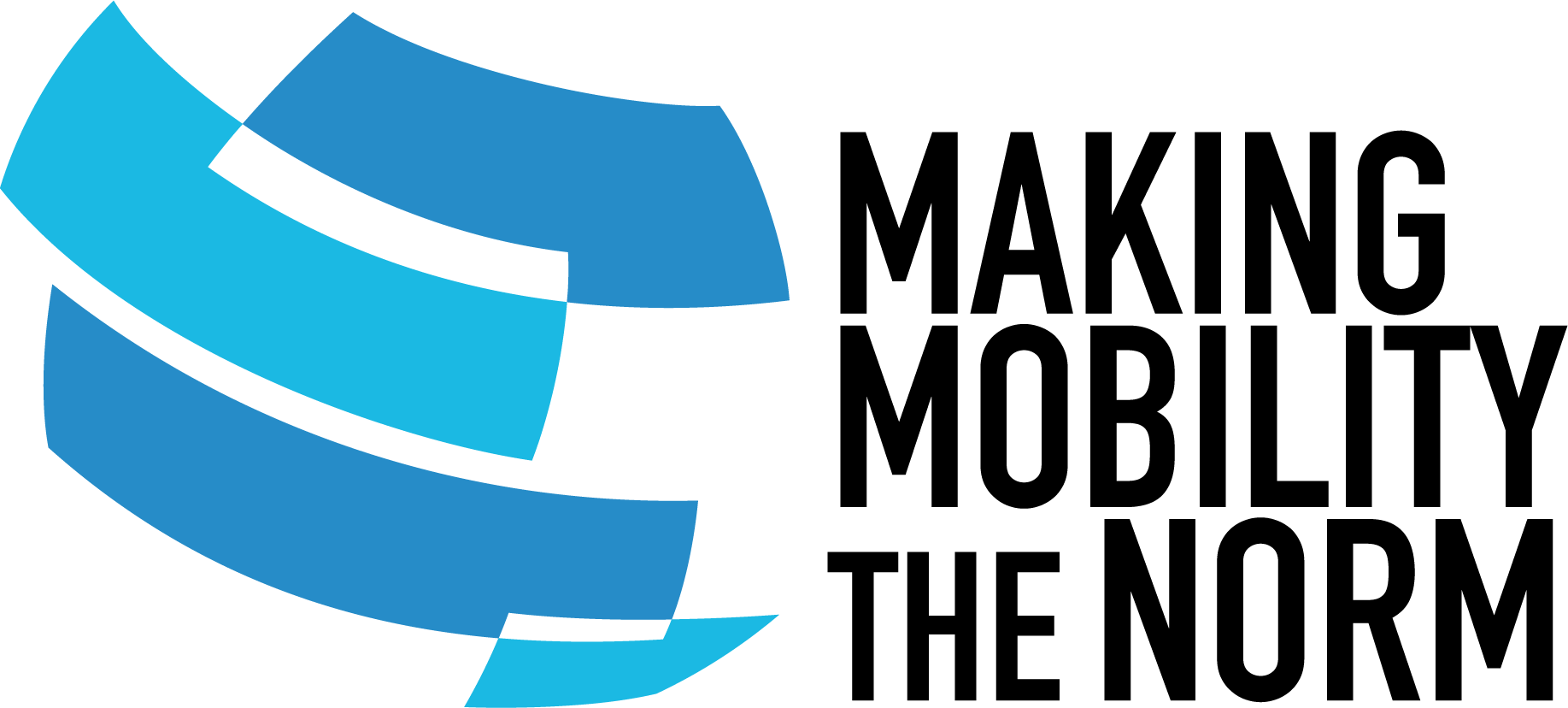Institution
Organizational Unit
Code
ΨΥ-573
ECTS
5
Language of instruction
English
Academic term
1/2
Title
OCCUPATIONAL HEALTH PSYCHOLOGY el
OCCUPATIONAL HEALTH PSYCHOLOGY en
Description
Occupational Health Psychology (OHP) is an interdisciplinary field of Applied Psychology that is concerned with the health and safety of workers. OH psychologists utilize scientific methodology a) to understand the impact of (emotional, cognitive, physical) occupational characteristics on employee physical and mental health and work-related behaviors, b) to understand the interface between work and non-work, and c) to design interventions that aim at protecting and promoting employee health and well-being.
During this course the following topics are covered:
1) Occupational Stress and Employee Health
2) Theoretical models that explain employee well-being;
3) Emotional Labor;
4) Employee Attitudes and Behaviors: Sickness Absence and Sickness Presence
5) Recovery from job demands;
6) Work-life balance;
7) Safety at work;
8) Socioeconomic Conditions and Occupational Health;
9) Interventions in Organizations: Job Redesign and Job Crafting.
Also, during the practicum, students will get acquainted with the main principles of job analysis and will learn how to use this tool in the context of job (re)design that aims at healthier and more safe work environments.
During this course the following topics are covered:
1) Occupational Stress and Employee Health
2) Theoretical models that explain employee well-being;
3) Emotional Labor;
4) Employee Attitudes and Behaviors: Sickness Absence and Sickness Presence
5) Recovery from job demands;
6) Work-life balance;
7) Safety at work;
8) Socioeconomic Conditions and Occupational Health;
9) Interventions in Organizations: Job Redesign and Job Crafting.
Also, during the practicum, students will get acquainted with the main principles of job analysis and will learn how to use this tool in the context of job (re)design that aims at healthier and more safe work environments.
Learning outcomes
Upon successful completion of this course, students:
- Will be able to explain the ways in which Psychology contributes to job-person fit;
- Will be able to describe the main principles and theoretical models that explain work-related well-being, attitudes and and job behaviors, and apply these in practice;
- Will be able to perform a job analysis for (re)designing healthier and more safe work environments;
- Will be able to evaluate empirical findings in order to make specific recommendations for job redesign.
- Will be able to explain the ways in which Psychology contributes to job-person fit;
- Will be able to describe the main principles and theoretical models that explain work-related well-being, attitudes and and job behaviors, and apply these in practice;
- Will be able to perform a job analysis for (re)designing healthier and more safe work environments;
- Will be able to evaluate empirical findings in order to make specific recommendations for job redesign.
